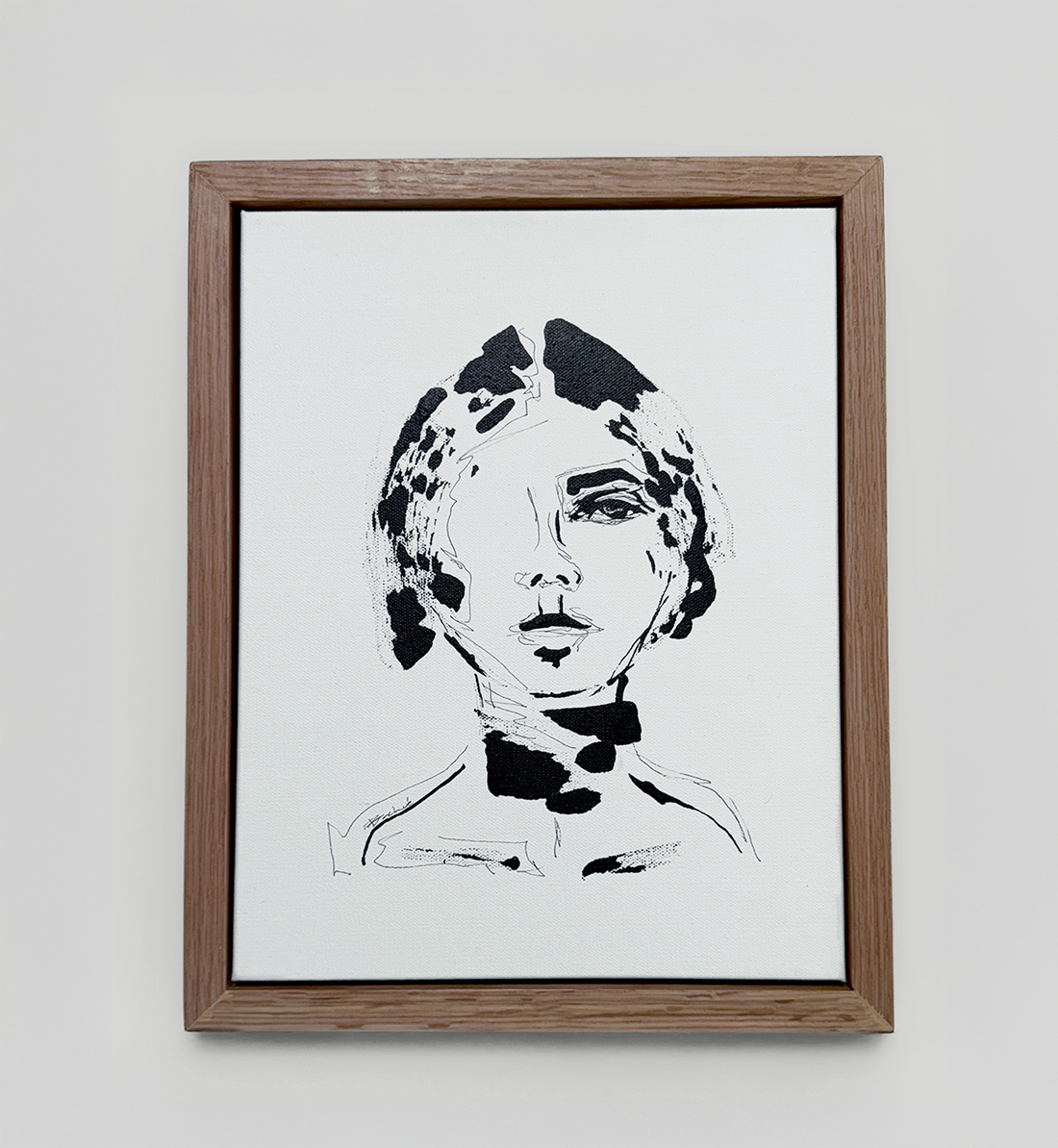I learned not to feed anyone’s drama when I was sixteen.
That was the year I became really close with Diana.
Diana was... well, Diana. Fully herself, and fully against the world, like most good teenage rebels are.
She loved rock music.
And I loved everything she taught me. Bands, books, words I hadn’t heard before. Being around her felt like stepping into a different language.
One day, she introduced me to Javier.
But Javier is a whole story of his own. He deserves his own portrait.
Diana had her highs and lows.
During one of her downswings, she made me promise something weird. She said, “If I ever start saying that again, slap me. Promise me. It helps me snap out of it.”
And I said yes.
Because when you’re sixteen, you think loyalty is doing what your friend asks, even if it makes no sense.
So a few days later, she started crying again, saying that thing again.
I don’t even remember the words now, just the heaviness in the air.
And I slapped her.
Like she asked me to.
Because apparently, I was born to keep promises.
(Don’t ask me why. I still don’t know.)
She ran away sobbing like a scene straight out of a telenovela.
I walked into my house calmly and went to bed.
But the next day, when I got to school, no one would talk to me.
And that’s how I got my Lindsay Lohan moment.
Main character of the all-girls Catholic school where suddenly no one speaks to you.
Not even a look. Not even a whisper.
Funny how memory chooses what to keep.
Years later, I’m sitting in a cabin in the woods in the middle of Wisconsin, thinking about Diana.
Where is she now?
Diana was Diana. Complicated, dramatic, wild.
But I liked her.
And I still do.
(Science says memory isn't just about what happened—it's about how it made you feel. That's why I can barely recall what that thing was she kept saying, but I remember the sting of her disappearing. The silence the next day. The cold shift of being left out. That’s the brain doing its job—marking what felt dangerous. What felt like a threat to connection. Our nervous system is wired to notice rejection like it’s pain, because it is pain. To the brain, being excluded activates the same regions as a physical injury.)
Diana probably doesn’t remember the slap.
But I remember the silence.
And what I learned:
Sometimes the most loyal thing you can do
is say no.

